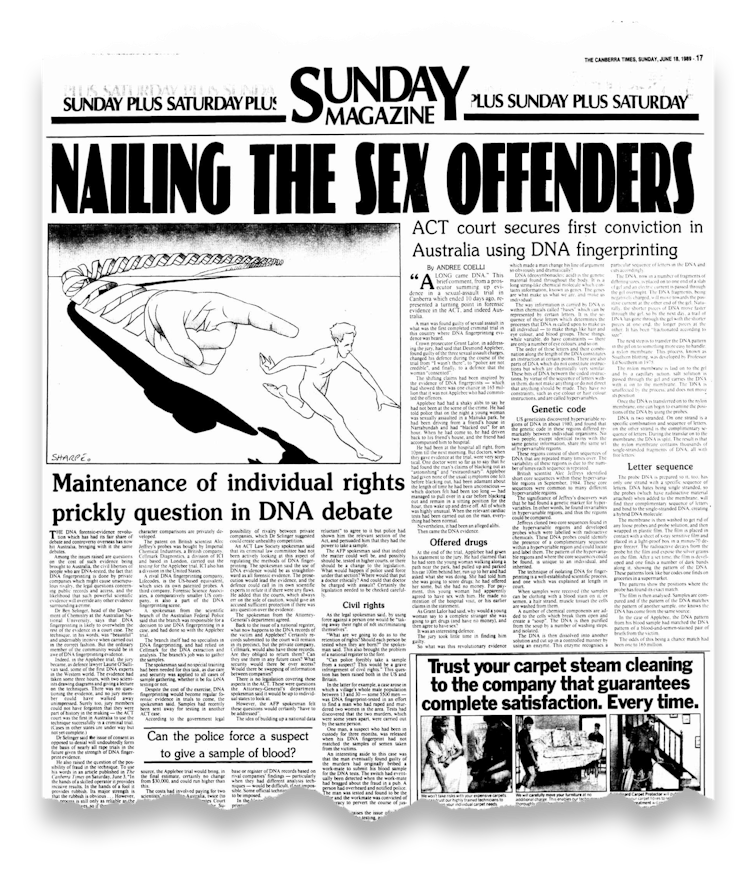has shown that an orderly approach to phasing-out thermal coal would shield Australian workers, communities and the economy from the negative consequences of an unmanaged transition.
, written by John Quiggin, Professor of Economics at The University of Queensland, found that a managed transition out of thermal coal, which is coal used for electricity generation, should be prioritised to reduce Australia’s carbon output and, if coordinated action is taken early, is achievable with relatively modest measures.
Key findings:
· A transition out of thermal coal is going to occur, because the world is moving to other sources of energy – our choice is whether that transition is planned and orderly, or delayed and disorderly.
· In the context of Australia’s economy, the thermal coal industry accounts for a small share of total economic activity and around one-quarter of one percent of overall employment.
· The phase-out of thermal coal production and use over ten years could be achieved with minimal disruption to coal workers, regional communities and the Australian economy.
“Australia’s transition away from excessive carbon pollution must begin with an urgent and coordinated phase-out of thermal coal production and use,” said John Quiggin, author of the report and Professor of Economics at The University of Queensland.
“Fortunately, with enough advance notice and an appropriate transition plan, the thermal coal industry can be phased-out over time without any significant dislocation to workers.
“A well-planned and coordinated phase-out of coal would be based on targeted development of the renewable energy resources abundant in many coal-mining regions. It would include transition supports for early retirements, retraining for employees and economic diversification for affected communities.”
“Through a managed transition, Australia can wean itself off coal by 2030, while also protecting the interests of workers, communities and the economy at a very modest cost. The costs of not acting, by contrast, are both huge and long-term,” said Richie Merzian, Climate & Energy Program Director at The Australia Institute.
“A well-managed phase-out of coal would be the best way forward, but it can only be achieved through a coordinated approach involving the private sector, government and the unions who represent workers.”
The full report, ‘Getting Off Coal: Economic and social policies to manage the phase-out of thermal coal in Australia’ is available







